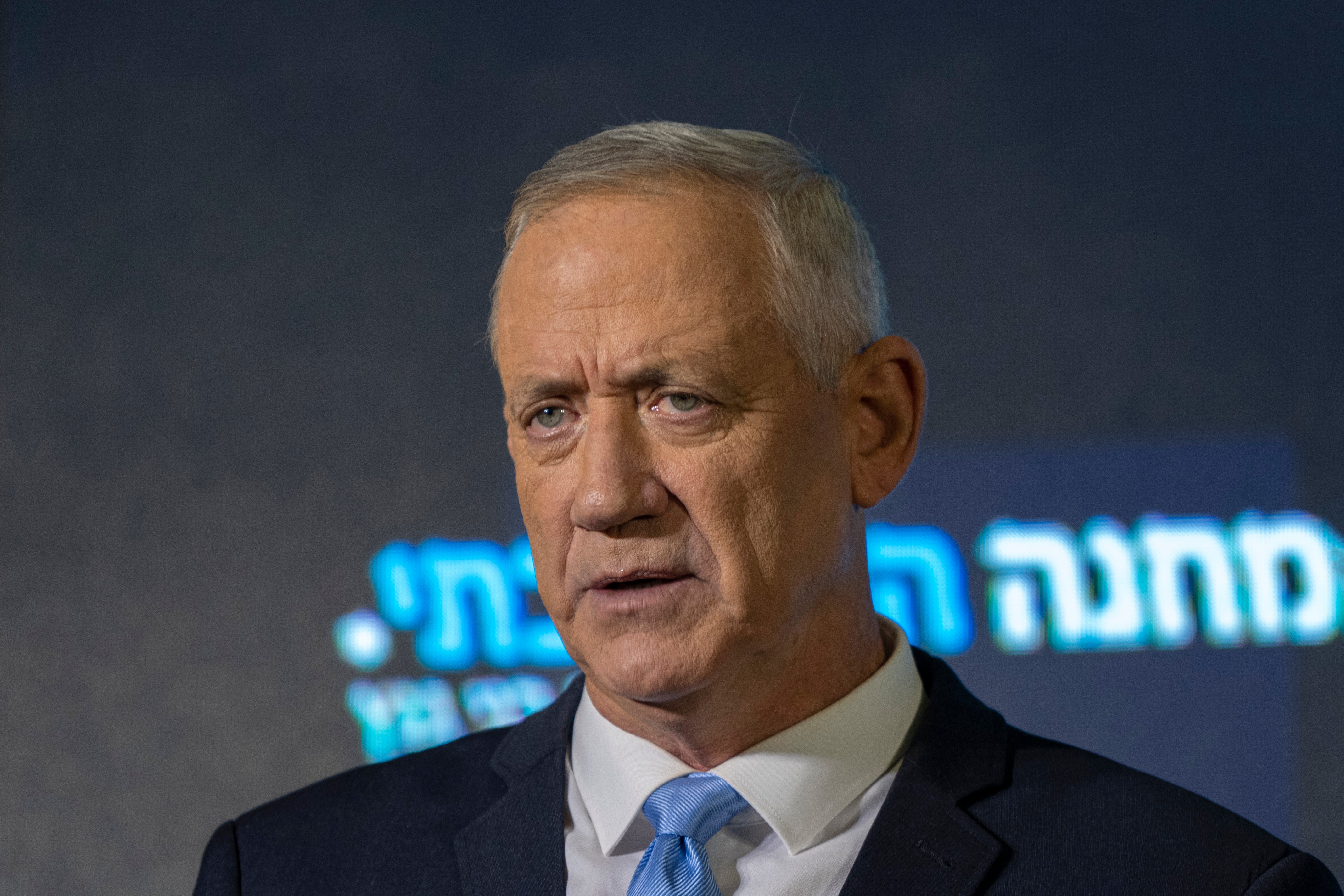Israeli defense minister in US to discuss Iran nuclear talks
Israel’s defense minister says it's important that the U.S. and Israel maintain capabilities for “defensive and offensive purposes" as he reiterated Israel's opposition to an emerging nuclear deal with Iran

Your support helps us to tell the story
From reproductive rights to climate change to Big Tech, The Independent is on the ground when the story is developing. Whether it's investigating the financials of Elon Musk's pro-Trump PAC or producing our latest documentary, 'The A Word', which shines a light on the American women fighting for reproductive rights, we know how important it is to parse out the facts from the messaging.
At such a critical moment in US history, we need reporters on the ground. Your donation allows us to keep sending journalists to speak to both sides of the story.
The Independent is trusted by Americans across the entire political spectrum. And unlike many other quality news outlets, we choose not to lock Americans out of our reporting and analysis with paywalls. We believe quality journalism should be available to everyone, paid for by those who can afford it.
Your support makes all the difference.Israel's defense minister said Friday it was important to maintain capabilities for “defensive and offensive purposes” as he met with a senior U.S. official to reiterate Israel's opposition to an emerging nuclear deal with Iran.
Israel is staunchly opposed to efforts by world powers to revive the 2015 nuclear agreement and says it will not be bound by the accord currently being discussed. Neither Israel nor the United States have ruled out military action to prevent Iran from acquiring a nuclear weapon.
Israeli Defense Minister Benny Gantz, meeting with U.S. National Security Adviser Jake Sullivan, said Israel opposes the emerging agreement, which has not yet been finalized or released to the public.
Gantz “emphasized the importance of maintaining and advancing operational capabilities for both defensive and offensive purposes in (the) face of Iran’s nuclear program as well as its regional aggression,” a Defense Ministry statement said.
“This is regardless of the discussion surrounding the agreement,” it added.
A U.S. statement said the two officials discussed the “U.S. commitment to ensure Iran never obtains a nuclear weapon, and the need to counter threats from Iran and Iran-based proxies.”
Israel is widely believed to have acquired nuclear weapons decades ago but has never acknowledged having them.
Iran insists its nuclear program is for purely peaceful purposes. Under the 2015 agreement with world powers, it curbed its nuclear activities and allowed expanded monitoring of its facilities in exchange for the lifting of economic sanctions.
Then-President Donald Trump unilaterally withdrew the U.S. from the deal in 2018 and restored crippling sanctions on Iran, which then began ramping up its nuclear activities.
Experts say Iran has enriched enough uranium up to 60% purity — a short technical step from weapons-grade levels of 90% — to make one nuclear weapon should it decide to do so. However, Iran still would need to design a bomb and a delivery system, which would likely take months.